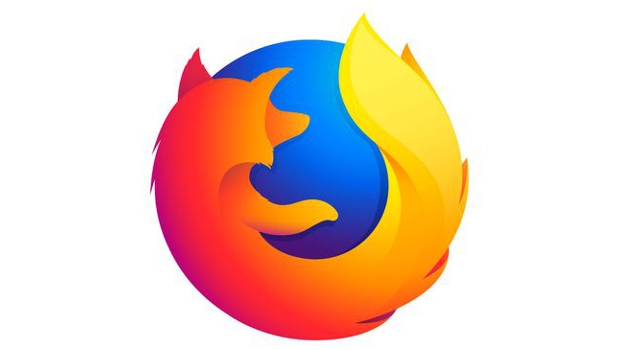Mozilla plans to follow Google by adding an ad filter to its Firefox browser this autumn, the company noted in an open-to-all 2018 roadmap.
“Over the next year or so, Firefox will take a stand against tracking, intrusive ads, and other dark patterns on the Web by blocking the worst content and more clearly communicating the privacy and other protections the browser offers,” wrote Asa Dotzler, the Mozilla product manager in charge of the Firefox roadmap.
Dotzler described the Firefox filtering – slated to show up before the end of the third quarter – only in the broadest strokes. The browser will filter “certain types of ads by default,” he said, adding that Mozilla is currently “researching [the] types of advertisements that should be blocked.”
Whether by design or not, Dotzler’s description resembles Google’s portrayal of the ad filtering system the search firm added to Chrome in February. Google, like Mozilla, called the feature a filter rather than more common blocker, the label for software that scrubs all online ads from website pages.
Dotzler signaled that like Chrome, Firefox would detect certain kinds or categories of ads, then expunge only those advertisements. Chrome sets its sights on ads determined as obnoxious by the Coalition for Better Ads (CBA), a group Google helped found. It’s unclear what process or third party Mozilla might turn to here; it’s not currently associated with the CBA.
If Mozilla makes the roadmap’s schedule, the ad filtering feature could appear in Firefox 62 (slated for 21 August) or Firefox 63 (15 October).
Other milestones on Mozilla’s map range from a plan to continue the push for more performance and additional APIs (application programming interfaces) for add-on development, to breach alerts and blocking of auto-play video content.
Some, such as the breach alerts and auto-play blockades, were begun earlier, but are to debut in the production-quality version of the browser this year. The former is to be powered by the “Have I Been Pwned” service, which aims to track data leaks and breaches, then identify the originating sites. When finished, the feature will alert Firefox users, post-leak, that their log-in credentials may have been compromised, then urge them to change passwords.
Stopping videos from automatically starting has become a cause celebre among browser makers, which are always looking for a way to cater to users, separate themselves from rivals, or both. Chrome, too, has instituted a ban on auto-play that is to become its rule of the road within weeks when version 66 launches.
Mozilla will also try to regain its reputation as an add-on impresario. That standing was damaged when the developer mandated a modernised extension framework – part of an overall effort to make the browser more stable and less susceptible to exploitation – as of Firefox 57 in November 2017. Dotzler’s roadmap highlights multiple bullet points in the plan, including using aggregate browser telemetry to recommend add-ons and an expansion of available APIs so add-on developers can craft more sophisticated applets.
It’s difficult to gauge how likely Mozilla will make the many milestones Dotzler set for the remainder of the year. While the overall document had a distinctly mission-statement voice – Mozilla, said Dotzler, will do this, will do that – it’s just as much a wish list as a definitive schedule. Last year’s roadmap, for example – which can still be found by digging through the Web Archive – listed to-dos that never got done, including a radical re-thinking of the Home page, dubbed Activity Stream, that was meant to roll out in 2017’s fourth quarter. Expect some of the same for 2018.
IDG News Service







Subscribers 0
Fans 0
Followers 0
Followers